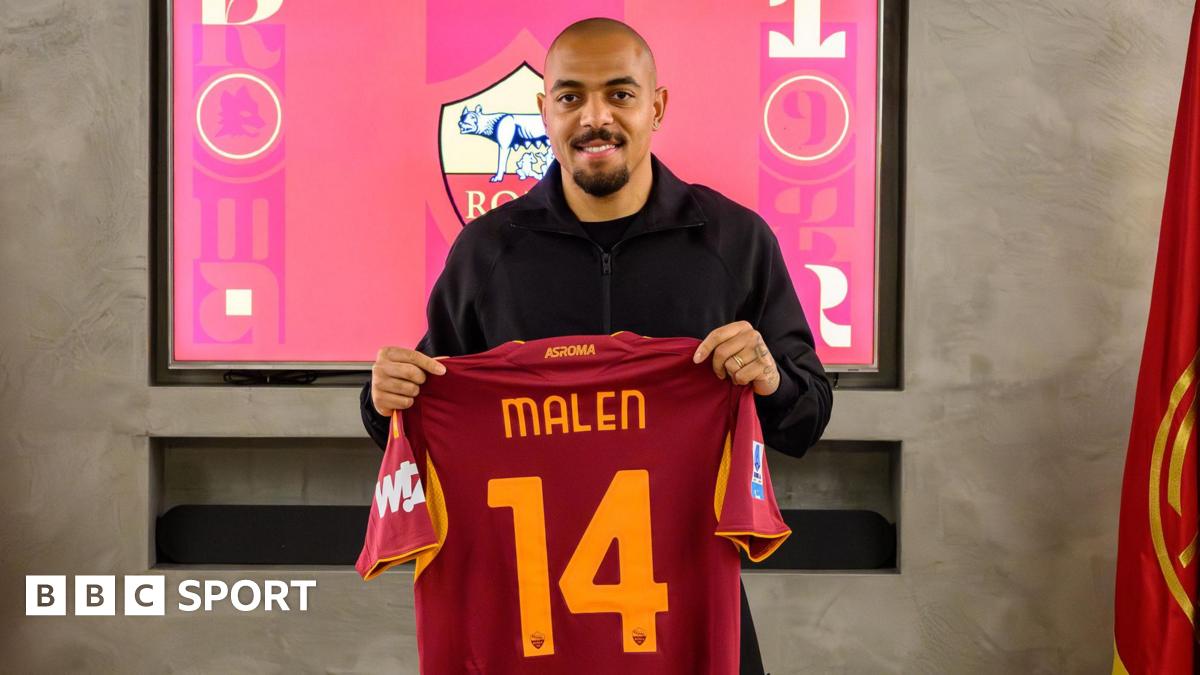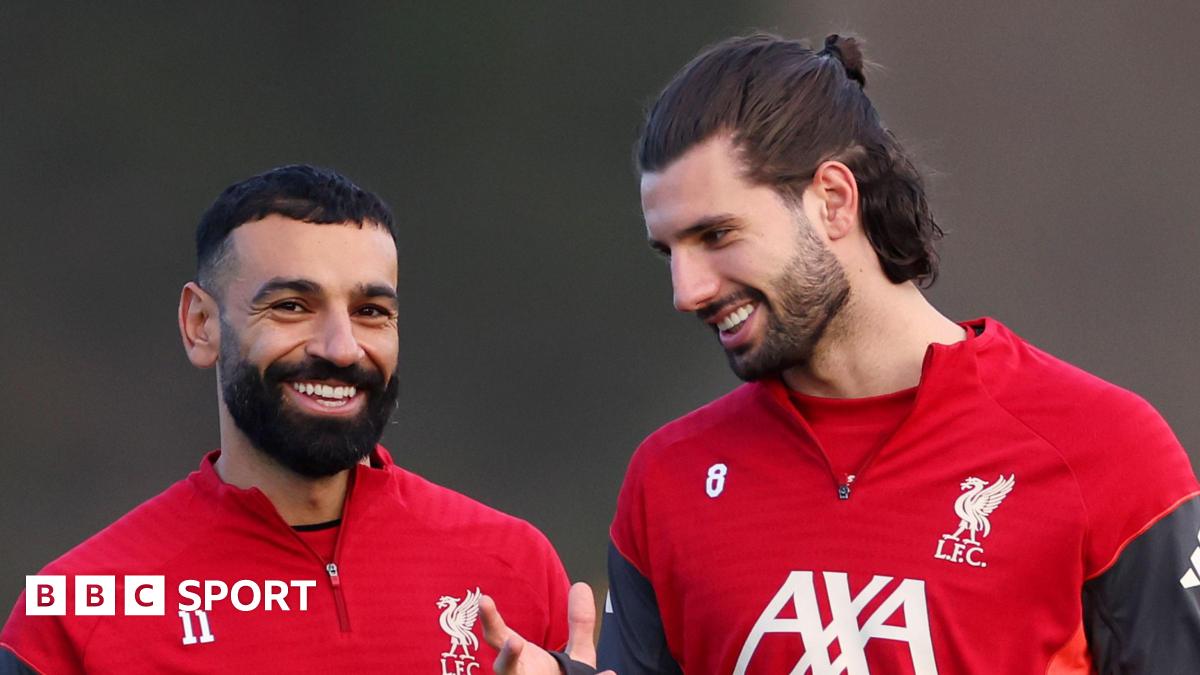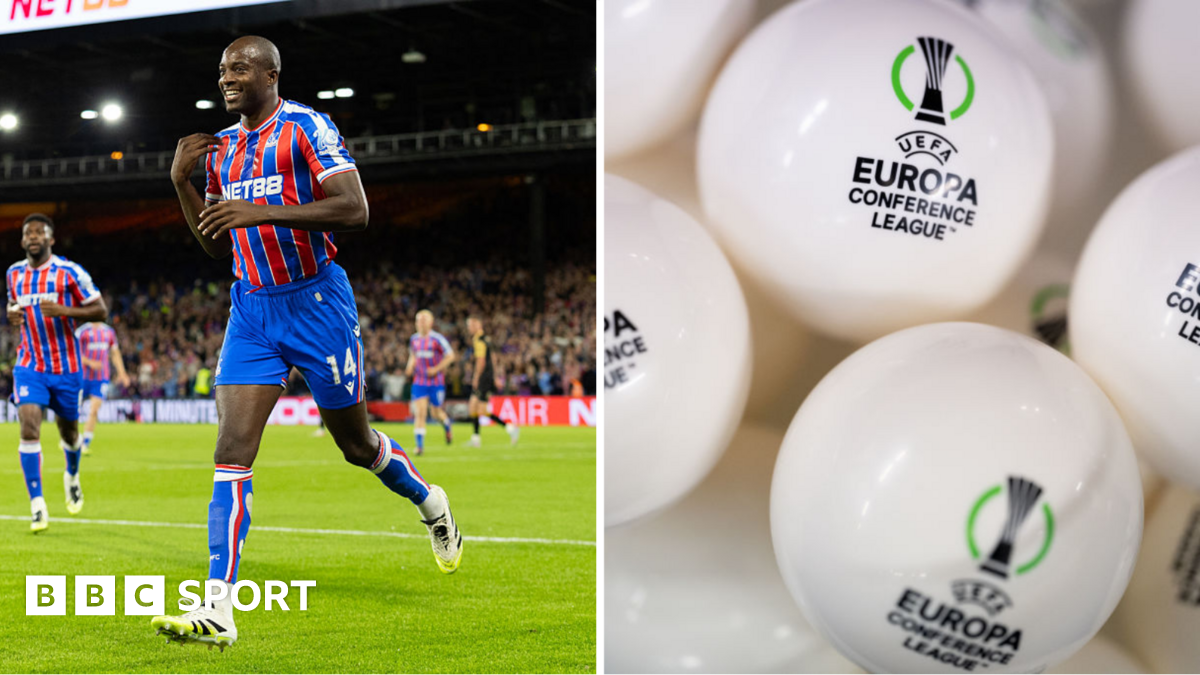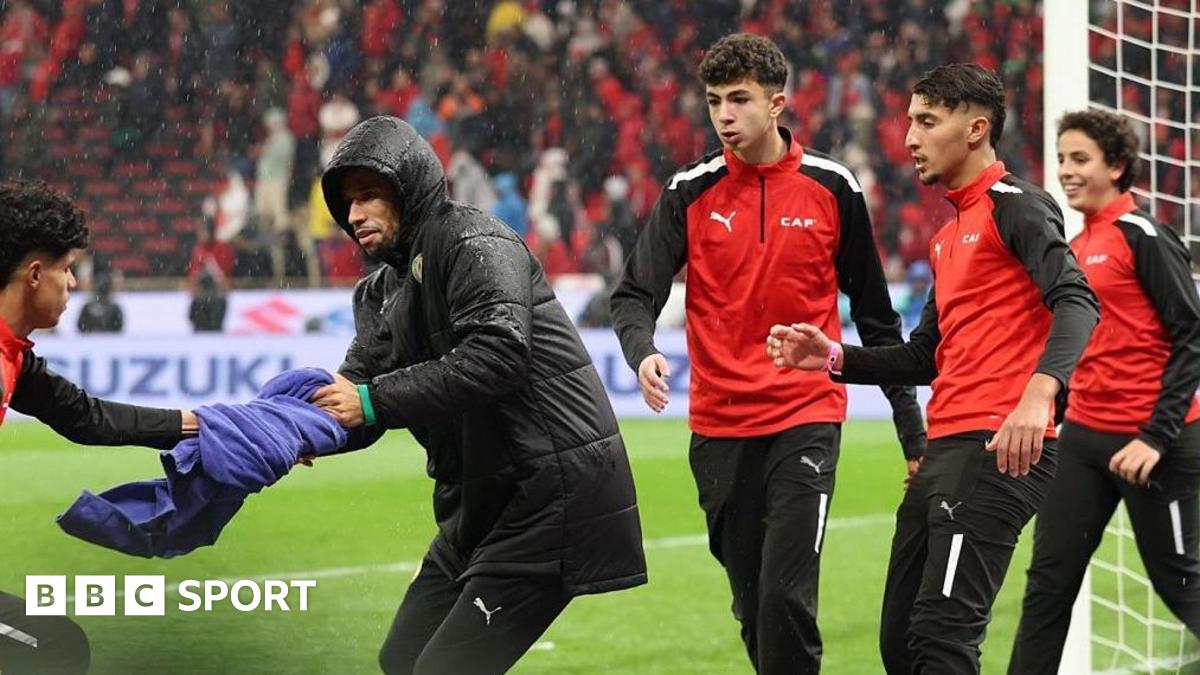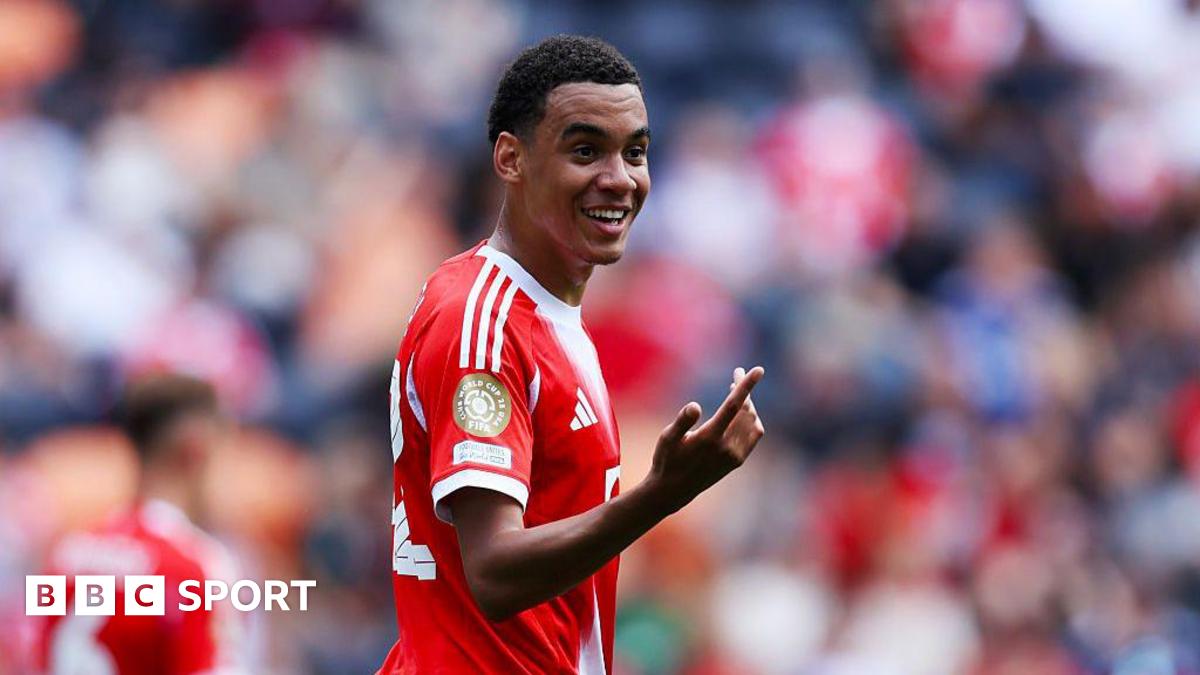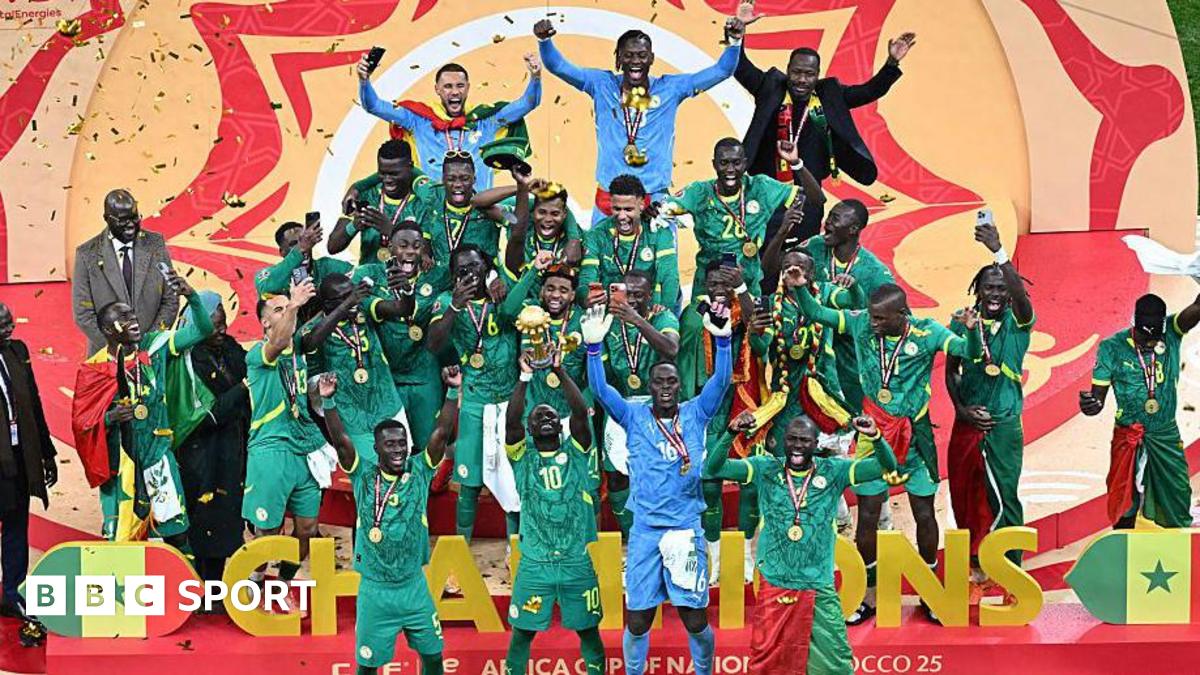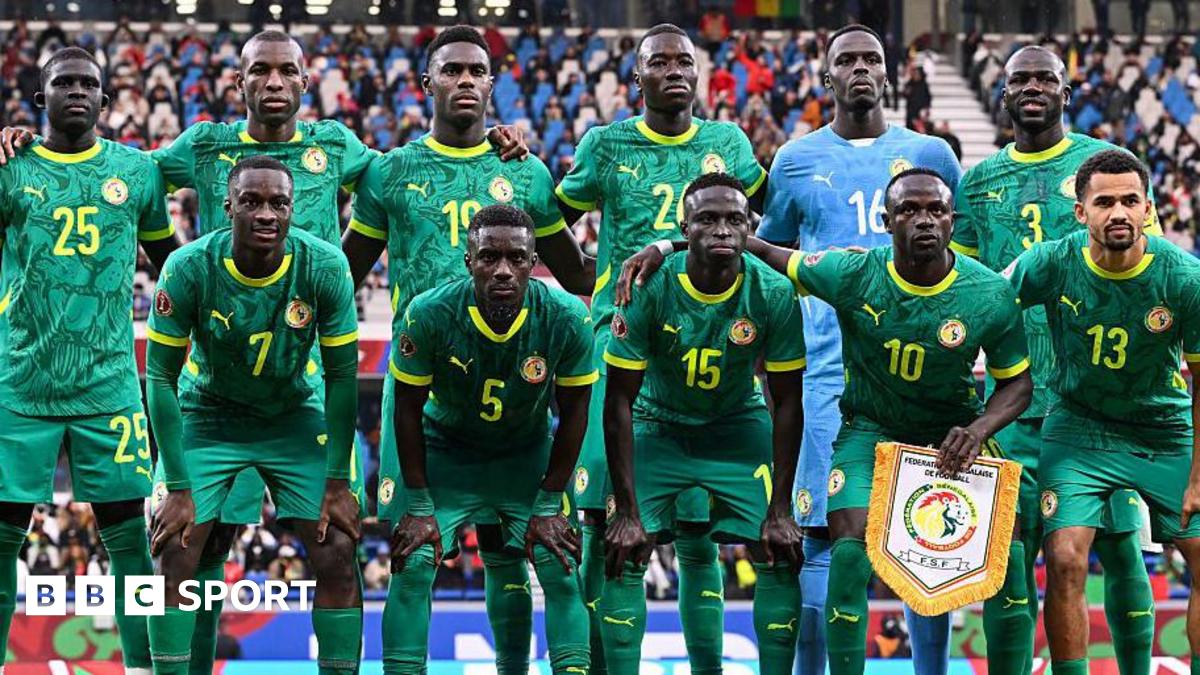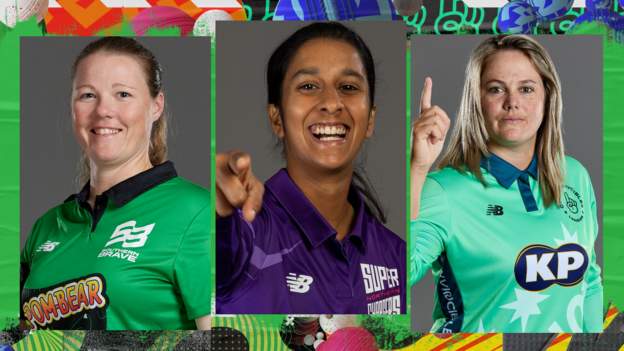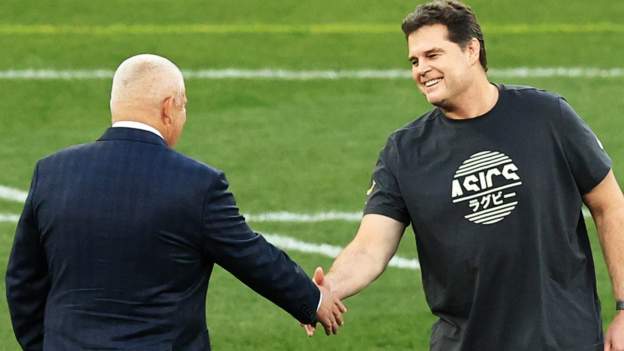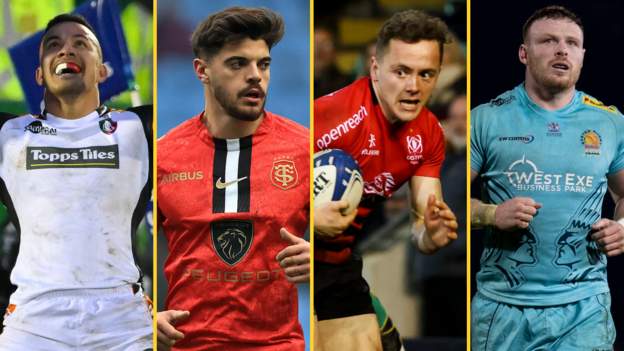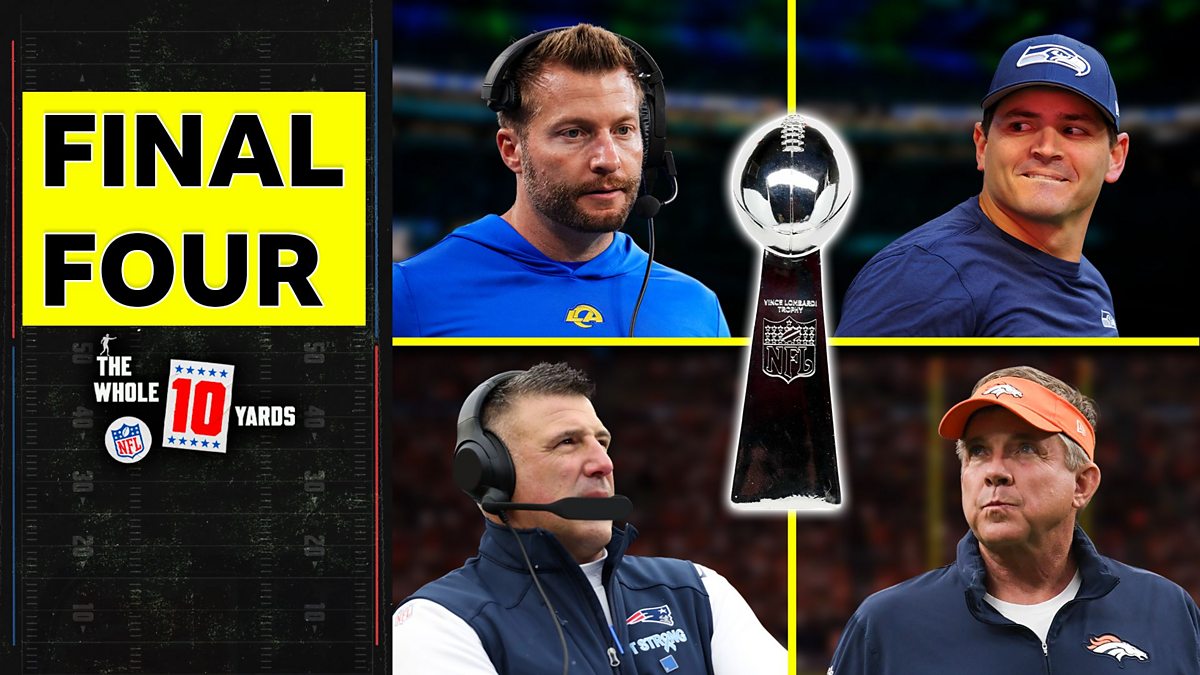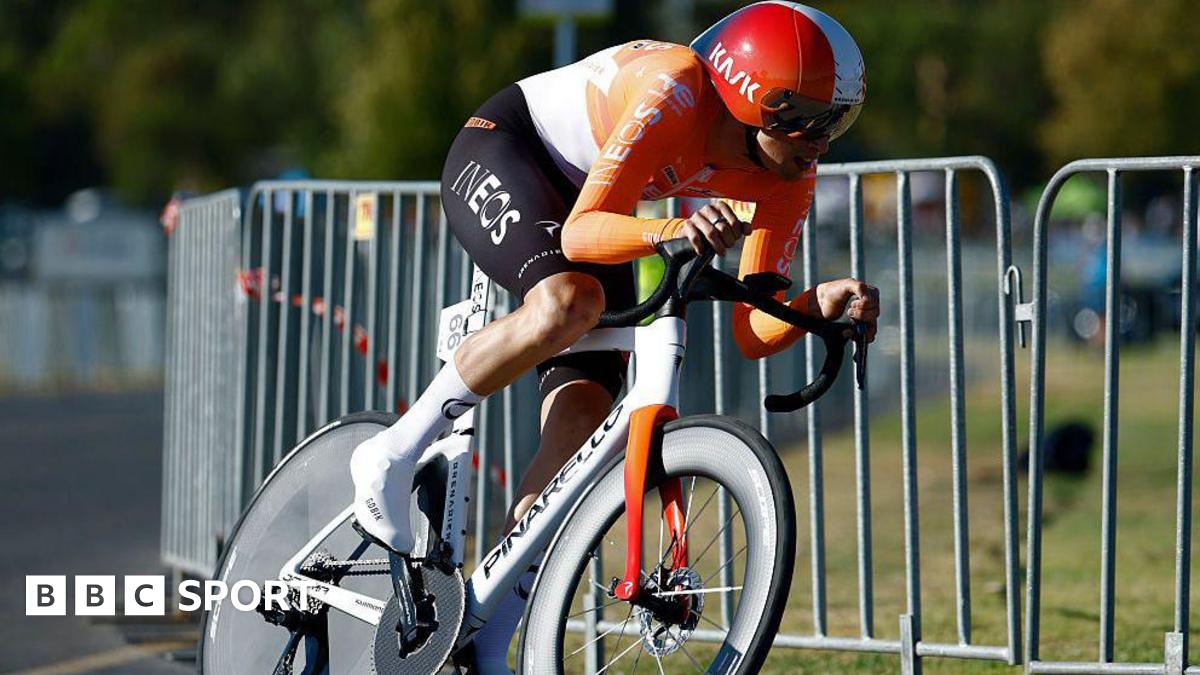How successful has The Hundred been for women’s cricket?
There have been huge crowds, the emergence of new stars and matches played at big venues – but what do the players themselves think of the tournament?
Southern Brave captain Anya Shrubsole and team-mate Stafanie Taylor, Oval Invincibles skipper Dane van Niekerk and Northern Superchargers’ Jemimah Rodrigues and Katie Levick joined BBC Test Match Special’s Dan Norcross to discuss the past, present and future of The Hundred.
‘I never dreamed of playing at Lord’s’
No-one quite knew what to expect when The Hundred, delayed by a year because of the coronavirus pandemic, began in June.
Shrubsole: “I came into it quite open-minded. I thought it would be a high-quality competition – we had the Kia Super League previously, which has been great, and I thought this would follow a similar sort of line. For me, it’s been better than I expected. The amount of people at the stadiums, the quality of the cricket, all of those kinds of things, has probably exceeded what I thought.”
Taylor: “When I came here, I didn’t know anything about the rules. I went out there blind – just bat, just follow Anya as the leader. But I really enjoyed it. I played in the Women’s Big Bash League [in Australia] and actually, this competition is blowing my mind. I hope that it goes a long way. I love everything about it to be honest – it means fewer balls to bowl for me!”
Van Niekerk: “It has been exceeding my expectations, it’s been exceptional. I did not expect the crowds to come out the way they have. It took me back a little bit. I forgot about a lot of the rules in the first couple of games. The English domestic players would nudge me and be like ‘Dane, you can do this…'”
Levick: “I have been playing domestic cricket for 10, 15 years and I never imagined playing at Headingley to a crowd of about 6,000. Talking to the internationals, they are not used to these crowds, let alone me down at Harrogate on a cold Sunday afternoon.
“Playing at Lord’s wasn’t something I ever dreamed about, because it wasn’t a possible dream for me and I didn’t want to let myself down. I never thought I’d achieve it. The day before, when we went to train, all the girls took it in. It was an occasion for everyone. We would be happy playing in these stadiums empty, let alone with the crowd there.”
Rodrigues: “I knew there would be crowds, but so many of them… even in India, we rarely get such crowds for women’s cricket. To see the passion and the people who showed up, and most of them were tiny little boys and girls. When I was a young kid, I used to go with my dad to watch games, and the dream always started from there, watching those matches. I believe for so many young people watching, the dream has started.”

‘Pay isn’t where it should be’
While the men’s and women’s teams will receive equal prize money, there is a disparity in pay. Women’s salaries range from £3,600 to £15,000, while the men’s lowest pay bracket begins at £24,000.
Shrubsole: “Speaking about this country, one of the things you would say is that there is a massive difference in the crowds the men generate compared to what we get, and that reflects in salaries. In my opinion, that is how it should be. But having played in this Hundred and with the crowds we have been getting, I think the disparity is too much.
“I think it’s something that absolutely needs to be looked at – particularly those bottom end salaries. It’s an OK amount of money but you have to remember that you then get taxed and all those things that come off it. Those bottom end salaries aren’t enough, in my opinion. No-one can go ‘oh, you didn’t have many people at the grounds’ because that just did not happen.”
Levick: “I don’t think it should be equal yet because we are not at that level. We should be happy that it is better than it ever has been, but is it quite right? No. I think the best thing we could have done this year is go and put on the show that we have done so far and that’s the perfect argument for us to say we do need better compensation.
“Unless you have incredibly considerate bosses who allow you to go disappear on a Tuesday to play some cricket, girls are going to have to keep making decisions about whether they want to play cricket or have to try and sustain themselves. Hopefully we can build on that every year. This has been the perfect advert for us having more equality. The pay isn’t where it should be at the moment but I think next year, we’ll have a lot more voices saying why not?”

‘Double-headers are a double-edged sword’
Because of the pandemic, men’s and women’s matches have been held on the same day at the same venue, with the women playing in early afternoon, followed by the men.
Shrubsole: “If the tournament had gone ahead in 2020, it wouldn’t have looked exactly like this. With it being in the school holidays in the UK, it’s meant the afternoon starts have allowed us to have such awesome crowds. I would hazard a guess that had they not been double-headers, we would not have had the crowds that we have had. I think they have been done really well.
“There’s a short time between the games and a long wait between games has definitely been a problem in the past with double headers. In time, you want the two competitions to stand alone. But I think that’s maybe something for a couple of years down the line.”
Van Niekerk: “I think double-headers are a double-edged sword at the moment. I think we’re so used to piggy-backing on the men’s, in the past it has felt like after we play, everyone comes in and watches them. But I don’t feel like in this Hundred that’s the case.
“The game against Trent Rockets that was rained out, we were almost at full capacity before our game started. So I don’t think it’s that any more. I think women’s cricket has shown the product and people have shown the interest. It is well and truly time for women’s cricket to be standalone and the Hundred has shown that this year.”

‘High time we had a women’s IPL’
Despite cricket’s huge pull in India, the closest the teams have to a women’s Indian Premier League is the three-team Women’s T20 Challenge.
Rodrigues: “When we see the WBBL happening, then the KSL and now the Hundred, we are all like, when will we have our own IPL? It is going to make women’s cricket better. Imagine, the domestic girls here in England, the kind of experience they are having, sharing dressing rooms with international players. There is so much to learn.
“Once they realise that OK, this is the standard, this is what I need to go out and do, they will want to work harder and work better. That’s very important in India because there is a lot of gap between the domestic and international side in India. In every street in India you see boys and girls playing cricket – there isn’t any shortage of future players! I think it’s high time we had an IPL.”


